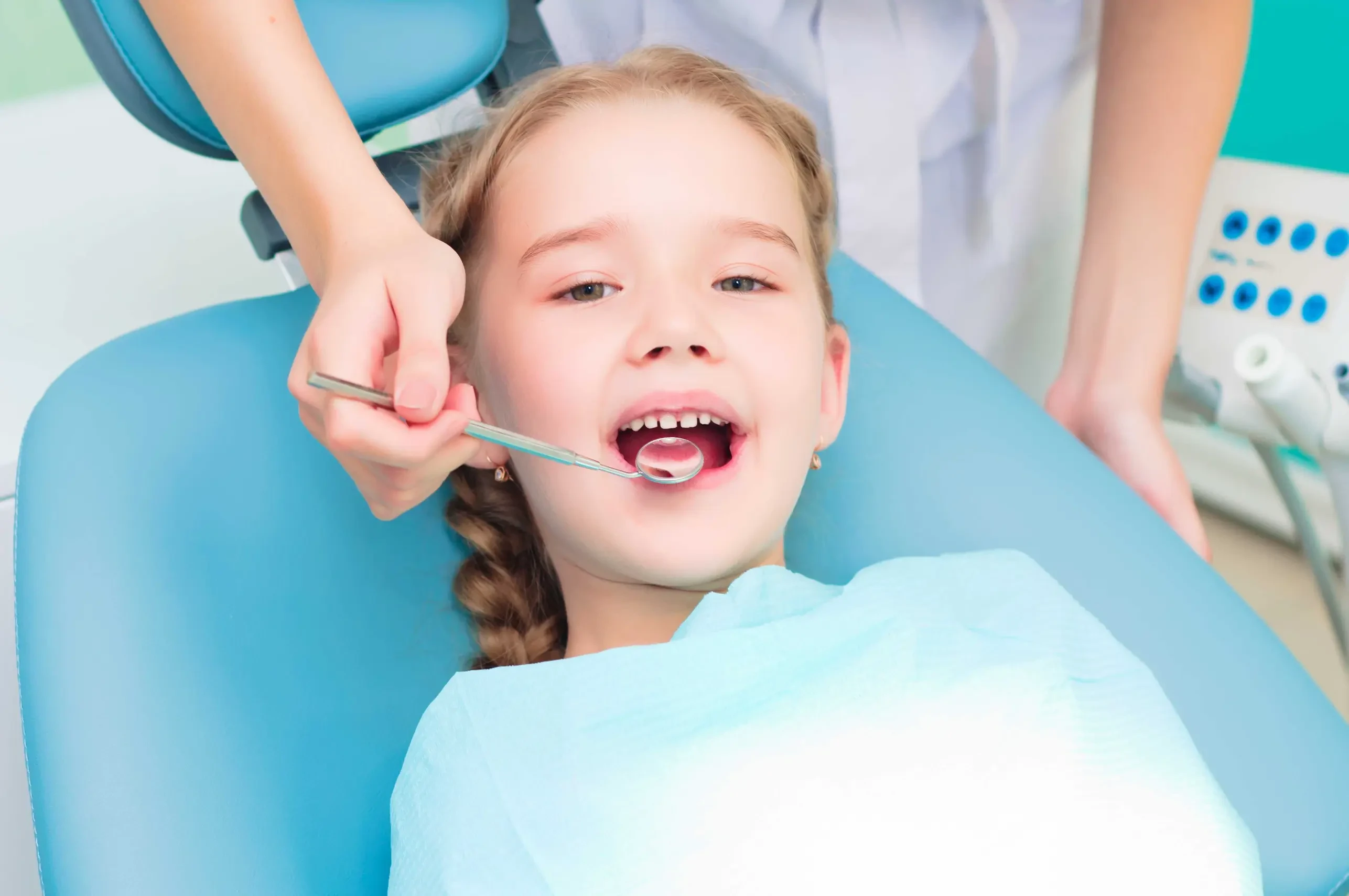
Pediatric Dentistry
Pediatric dentistry is a vital medical specialty that focuses on the oral and dental health care of children from infancy through the late teens, including children with special needs. Pediatric dentists, also known as "children's dentists," have additional training and specialized experience in addressing the unique oral health needs of infants, children, and adolescents.
The Importance of Pediatric Dentistry:
Early Prevention: Focuses on preventing dental problems before they occur, such as cavities and gum disease, through regular checkups and preventive treatments.
Healthy Growth: Ensures the proper growth and development of the jaws, primary and permanent teeth, which impacts proper speech and effective chewing.
Building a Positive Relationship: Helps children develop a comfortable and positive relationship with the dentist, reducing their fear and anxiety about future dental visits.
Dealing with Children's Special Issues: Addresses childhood habits (such as thumb sucking or pacifier use), common dental injuries, and provides care for children with complex medical conditions or developmental disabilities.
Parental Education: Provides guidance and advice to parents on best practices for caring for their children's oral health at home and proper nutrition.
Services Provided by a Pediatric Dentist:
A pediatric dentist provides a wide range of preventive and therapeutic services, including:
Periodic checkups and cleanings: To check the health of teeth, gums, and jaws, and to remove plaque and tartar.
Fluoride treatments: To strengthen tooth enamel and protect against cavities.
Dental sealants: To apply a protective layer to the chewing surfaces of back teeth to prevent bacteria buildup and decay.
Tooth decay treatment: To remove decay and fill damaged teeth.
Extraction of primary and permanent teeth: When necessary.
Nerve treatment for primary and permanent teeth: (endodontic treatment) in cases of deep decay or infection.
Crowns: To restore severely damaged primary or permanent teeth.
Space Maintainers: To maintain the necessary space for permanent teeth to erupt in the event of premature extraction of primary teeth.
Early diagnosis of orthodontic problems: To assess the development of the jaws and teeth.
Treatment of dental injuries: For primary and permanent teeth.
Management of oral habits: Such as thumb sucking or tongue thrusting.
Dealing with children with special needs: Including those with behavioral or medical problems.

